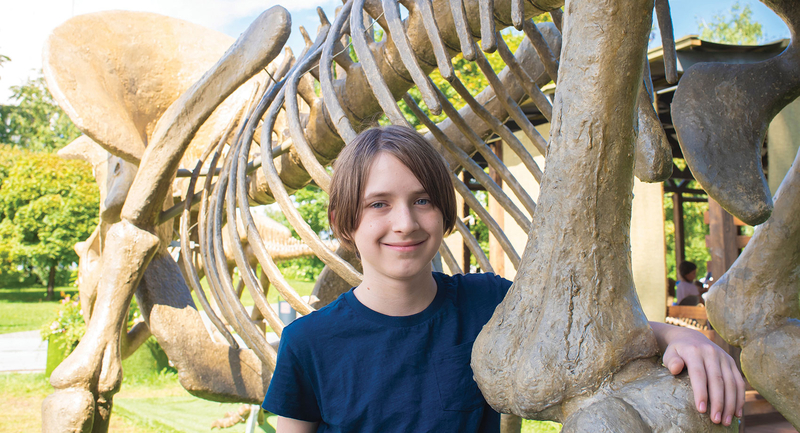Walking into our respective classrooms in Belize and Colorado, students share compelling insights as they write and talk about hopes, dreams, and concerns that children share—no matter where they grow up.
"Students in Colorado are like us. We all want to succeed in life and to care for our families," says 9-year-old Franklin from Eden Primary School in Benque Viejo, Belize.
"We all want people to be kind to us, pay attention to us, and care about us," says Treese, a 9-year-old from Mammoth Heights Elementary School in Parker, Colorado.
As teachers in these two countries, we connected our classrooms through a professional development program called the Belize Education Project (BEP). Begun almost a decade ago as a partnership of teachers and volunteers in Belize and the United States, the BEP's overarching goal is to improve literacy instruction in Belize. The country's 79 percent literacy rate and 41 percent poverty rate make strengthening education a priority as a pathway to a better future. Our work has transformed into a program that provides the youth we teach with unique opportunities to develop global awareness. We aim to foster global connections that go far deeper than a pen pal exchange. To date, the program has included 150 American and Belizean teachers, as well as more than 1,000 students in both countries (ages 4–13).
When we first visited one another's schools, we realized that inherent connections already existed—unifying the teachers and elementary students of Colorado's high plains with the educators and primary school students in Belize's tropics. In 2007, a group of Colorado teachers traveled to classrooms in Belize to offer professional development. Then, in 2008, the BEP sponsored a group of Belizean teachers to visit Colorado classrooms to pursue continued learning and to collaboratively define professional development goals for the next year. Both visits have become annual trips.
Initially, we included our students by having them research the cultures and climates of Belize and Colorado. As Colorado students learned about the differences in resources between the two countries, they packed suitcases filled with school supplies for their teachers to take to Belize. Belizean students wrote to Colorado students about themselves and their country.
Although our students' initiative to donate supplies was a fruitful beginning, we hoped for more. We wanted our students to move beyond acts of charity to acts of solidarity wherein students in both countries became partners in learning. We encouraged students to create lessons that could teach their partners about their countries and communities.
Students embraced the idea and soon took it to richer levels. Belizean students created a lesson about the symbols of the flag of Belize. We discussed how symbols represent common values that a group of people share—and specifically the mahogany tree on the Belizean flag, which represents working together.
Students in Colorado created lessons to help their Belizean counterparts understand what kids in Colorado enjoy. The children who live in the tropics were particularly excited to learn about the joy of building snowmen. (View a video about the snowmen project.) As students in both countries learned about differences in climates, geographies, and cultures, they began to understand what everyday life is like in a faraway place.
For students in Belize, the exchange led them to see that there is far more to life in the United States than the glamour and wealth conveyed in movies and advertisements. The Coloradans appreciated and understood aspects of Belizean culture, which helped them look beyond the propensity to view the United States as responsible for acting unilaterally to save the world. Dismantling stereotypes and misconceptions played a powerful role in opening hearts and minds.
We also wanted our students to understand one another on more complex personal, social, and cultural levels. To accomplish this goal, we led students to explore three themes: our passions, our fears, and our hopes. In Belize and Colorado, students created posters, writings, and videos describing what the three themes meant to them. Guided by their teachers, students co-authored class books about common passions, fears, and hopes.
Our hope is for both American and Belizean students to understand the core human experience and to be part of the global village. If our students are to become global partners, we—as teachers—must become global partners as well. As we work toward helping our students become ethical and global citizens, we need to be mindful of how we inform our students' understanding of those who live far from them.
This article is part of a Special Section on Connected Classrooms in the December 2016/January 2017 issue of Educational Leadership.
These three projects offer students authentic opportunities to develop global competencies.
A Learning Journey Around the World by Liz Dawes Duraisingh
Cross-Cultural Inquiry in Science by Hiller A. Spires, Marie Himes, and Lisa Wang
From Pen Pals to Global Citizens by Jean Kirshner, Eli Tzib, Zilpa Tzib, and Sara Fry









